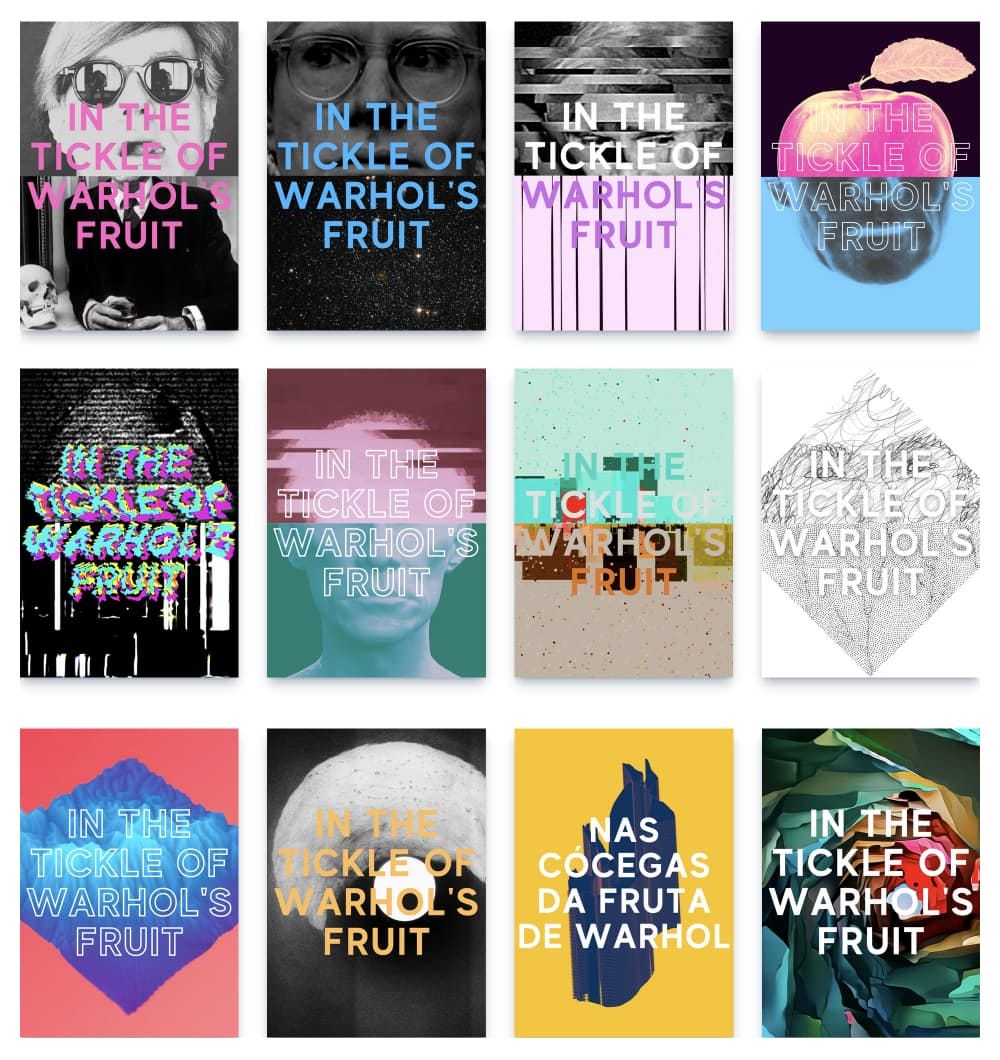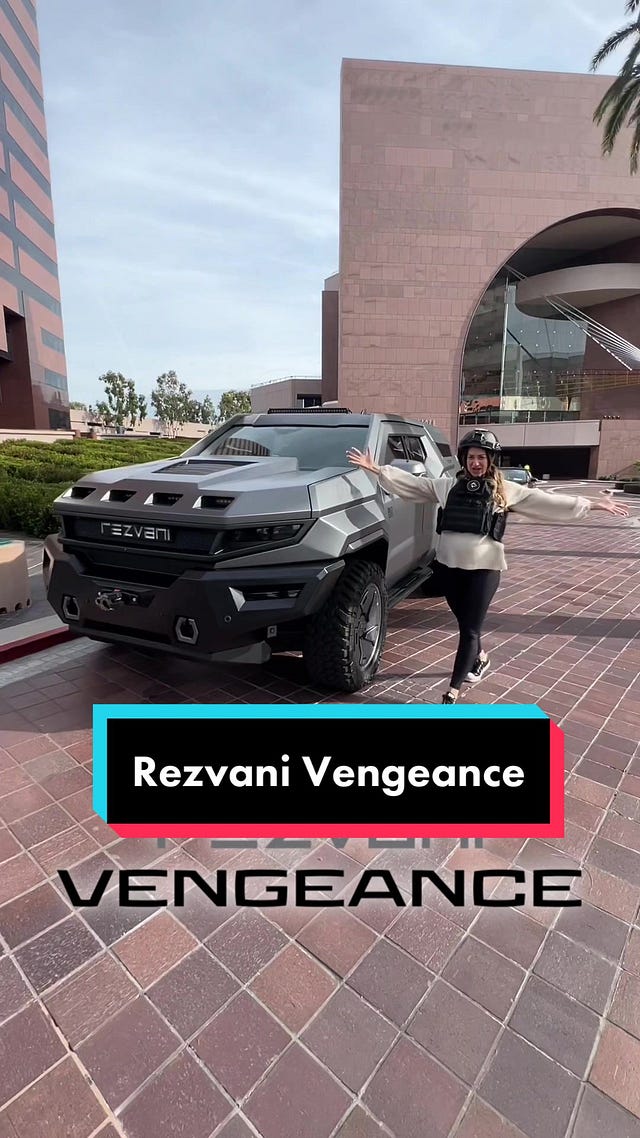...nterpretation
NFTs are dead
… long live digital art, collectibles, clothing, identity, club membership, seed investment …
Fortunately/Unfortunately I’ve been into NFTs since they hyped into culture late 2020 and though they have their merits, most are garbage and exist solely as speculative assets and/or outright scams.
When hype faded, controversies piled up and market value crashed, NFTs developed and cemented their highly negative reputation. This seems mostly irreversible and in a lot of cases well deserved but this is actually a progressive step as the term “NFT” is far too ambiguous.
So what is an NFT?
NFT stands for “non-fungible token” and it’s essentially just an entry in a database that says you own something with utility. Think of it as a technology.
This is most commonly understood as owning digital art. An image of a bored ape or a video of a tree growing out of Madonna. Art is the utility.
But how can you own a specific media file? Images and videos are infinitely replicable and thus essentially free. Without scarcity it’s difficult to derive value, but if you can instead create a limited amount of tokens that represent ownership of a media file, then you introduce scarcity, which results in value.
Less appreciated is that an NFT, the token, can represent “ownership” of anything. A song, membership to a club, a story, rights to a story, a share in a house, a share in a company, a promise to meet up for a pint… anything.
But how?
A database entry states that you own a token that represents a thing with utility.
The entry is accepted as genuine.
The creator of the token acknowledges the above is true.
That’s it.
It’s all just people agreeing that entries in a database are what they say they are and if enough people believe in it, it exists.
This also means that if people stop believing, or collective sentiment shifts, then what the token represents changes too.
So if NFTs are essentially just a database entry, and they can represent ownership of anything, then the term as it’s currently used and understood is too ambiguous. In most contexts it should be retired.
Let’s refer to “NFTs” for what they really are:
Art
Architecture
Access passes
Proof of attendance
Clothing
Avatars + Identity
Dance moves
Weapons
Club membership
Land
Seed investment in a startup
Voting rights in an organisation
… and so forth and so forth
… then we can discuss them with more clarity.
What is useful about this tech?
NFTs are generally stored on public blockchains (databases) and interact with smart contracts (computer programs). This means:
Token information and ownership is transparent and publicly available
Data cannot be corrupted
Entries to the database are recorded in seconds
Tokens are intrinsically linked to a digital currency
Computer programs can be automatically executed when transactions occur
No single entity owns or controls the database
This means that you can:
Buy and sell tokens that can represent anything, in seconds, to anyone, with confidence.
Prove you own or did something, or many things, in seconds, to anyone, with confidence.
Automatically execute many actions on every transaction, in seconds, with confidence.
When these intrinsic features are applied to the many things we do today, they have the potential to greatly increase efficiency and reduce friction, thus enabling activity previously considered too costly, infeasible or impossible.
I’m sure you’ve thought of some great examples already.
Can’t this just be done with systems that already exist?
Yes but it’ll require the owners of those systems to integrate and implement these features. It’ll require deals, agreements and consensus. The effort involved is not trivial and in most cases infeasible. There is value in a tech’s inbuilt efficiencies.
Relying on people to uphold a token’s utility seems risky.
It is but isn’t pretty much everything in a society reliant on people holding up their end of the bargain? Society has laws, ethics, morals, enforcement, and NFTs are not exempt from them.
Is there anything else worth noting?
Digital things and the ownership of, have been building for decades, and the culture and behaviour born and reinforced by NFTs over these last couple of years will also influence the mainstream. Even if the tech fails completely its culture and behaviour will be its legacy.
(something I hope to explore in future newsletters)
I skipped over your scammy content. Why are you trying to scam me mister scam artist?
You are entitled to your opinion but you are mistaken. I’m not trying to scam you but there are a lot of scams and the internet can be a scammy place, so perhaps you are right to assume everything is a scam... Trust no one!
Anyhow here’s a scam-free Deca gallery of the first year of The Tickle – a zine for contemporary digital art & creative writing. It’s brilliant and features loads of artists creating work on Tezos (the art blockchain) and each issue is an NFT. A magazine as an NFT? Oh no…
It’s a wonderful world…
Links to restore/erode your faith in humanity.
Nick Cave is definitely not a fan of ChatGPT. [link]
We can now duplicate anyone’s voice in three seconds, hooray?! [link] [link]
Generative AI will supercharge game development, a medium heavily reliant on asset creation (swap game with metaverse for hype). [link]
Human movement as PII (personally identifiable information) [link]
Create music from text because musicians have it so easy. [link]
AI-created images lose copyright case. And so it begins… [link]
This Rocket League bot is rad to watch. [link]
Pet fish smarter than us knows to read the TOS.
#livinintheusa #momlyfe #iusedtoworkingamesbutnowiprotectchildren
Random Idea Section
I promised an ideas section every newsletter so here’s one about AI as a pet familiar.
But first… The Disclaimer (repeated every week)
Ideas will be of dubious quality / potentially shit. Also ideas are a dime a dozen, the value is in execution, or is it?, there is no such thing as an original idea etc etc, so if you have any comments, or you’ve seen any of these ideas in reality, please let me know. I’d be very interested!
Humans love to personify things. Plants, vehicles, abodes, weapons, tools … it’s in our nature.
For now the most well-known AI personalities, Alexa and Siri, are intentionally branded, depersonalised and owned by corporations. Google is still viewed as a tool rather than an “It”. AI in sci-fi tend to be self-aware entities, fast-forwarding to the end game.
I believe there’s a huge opportunity instead for AI to sit somewhere in between as a kind of pet familiar. What’s a familiar?
In European folklore of the medieval and early modern periods, familiars (sometimes referred to as familiar spirits) were believed to be supernatural entities that would assist witches and cunning folk in their practice of magic. … they could manifest as numerous forms, usually as an animal, … and were described as "clearly defined, three-dimensional... forms, vivid with colour and animated with movement and sound", as opposed to descriptions of ghosts with their "smoky, undefined form[s]". [source]
AI will become more personalised as we begin to train them on our own data and preferences, thus separating their identity from the companies that create them. We’ll give them names and imbue them with their own personality, but most crucially, their own visual representation.
It’s this visual representation, and thus contextualisation, that’s key. AI is in need of a form. A glowing orb is a start. A paperclip with a face is better 👀📎 but one just needs to look at toys and games for precedence – dolls, soft toys, Cars, Tamagotchi. Children’s entertainment is all about non-living things that are alive. Our identities online, in threads, social media, games – our avatars – are often entirely made-up and non-human.
And frankly it’s too awkward to have AI that looks and talks like a human. It’s too close to slavery. Animal pets though are socially acceptable, and the “familiar" aspect, the granting and assistance of magical powers, is the utility that AI technology provides.
So perhaps this is how AI beings enter the mainstream. A loyal companion that one can summon like a Pokemon or Patronus, that’ll stick by your side through thick and thin, that’ll help you live your life, enhance your life, that your friends will refer to by name, as they play and socialise with their own beloved familiars.

Finally the end…
It took awhile for my second but better late than never. The next will come quicker I promise! 🤞
If you liked or hated this, please let me know. If think others would enjoy this newsletter, please share it around and get them to, as they say,
→ like and subscribe ←
I would be eternally grateful 🙏






That Nick Cave response was new to me, and I loved it. It scratched an itch. Thanks.
Also, I’d be keen to hear some examples being used or proposed for how this can be used effectively “Automatically execute many actions on every transaction, in seconds, with confidence.”. My imagination isn’t working well but I feel like this could be massive